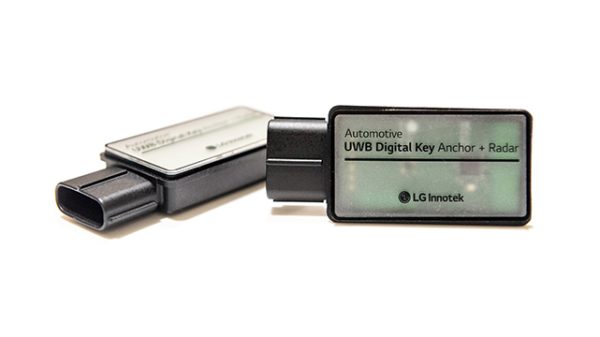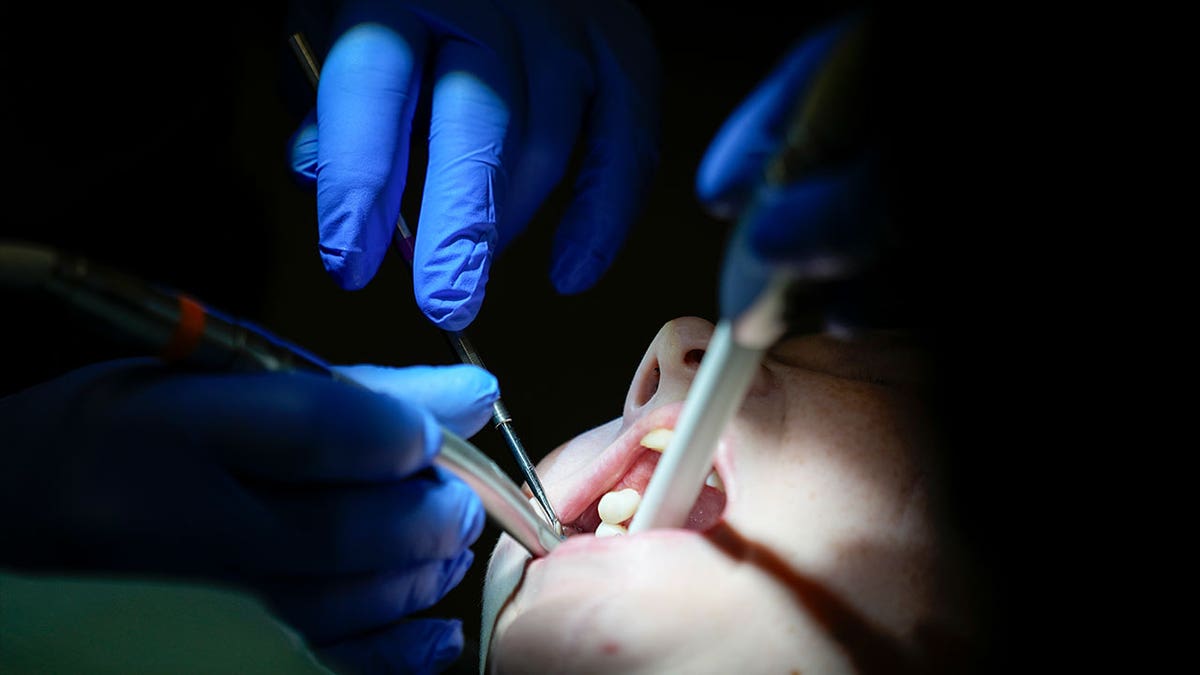As chairman of the Senate Health, Education, Labor and Pensions (HELP) Committee, I recently held a hearing about the dental care crisis in the United States.
Ahead of that hearing, I asked Americans from across the country to share their experiences with dental care in our country.
The responses poured in from people who told us: ‘I am in constant pain,’ ‘I can’t afford dental care,’ ‘I can’t find a dentist,’ ‘My insurance won’t cover the dental procedures I need,’ and ‘I worry about my children’s health.’
One person from Georgia told me that she has had temporary caps on her two front teeth after breaking them as a child. For 15 years, she hasn’t been able to afford permanent replacements. Her caps flake off into her food every time she eats.
A gentleman from Wisconsin shared that it will cost him $1,000 per tooth to get crowns to cover his cracked and broken teeth. He has dental insurance, but they won’t cover the procedure.
These are the type of responses you might expect if we were living in a third world country. But we are living in the richest country in the history of the world.
Today in America, nearly 70 million adults and nearly 8 million children have no dental insurance. Many of those who do have dental insurance find that coverage to be totally inadequate.
In fact, nearly half of Americans who have dental insurance have skipped their appointments because they could not afford to pay for the procedures they need.
Nearly one out of every five seniors in America have lost all of their natural teeth and, many of them cannot afford dentures.
Among older Americans, 70% have some sort of periodontal disease, which can lead to rheumatoid arthritis and cardiovascular disease.
The dental crisis does not just impact seniors.
More than 40% of children in America have tooth decay by the time they reach kindergarten – primarily because their parents could either not afford or could not find a dentist on time.
The lack of affordable dental care in America is especially acute for low-income Americans, pregnant women, people with disabilities, veterans, those who live in rural communities, and Black, Latino and Native Americans.
The situation has become so absurd, that every year hundreds of thousands of Americans travel to countries like Mexico, Costa Rica, India, Thailand and Hungary, where it is much less expensive to get the dental care they need – even after paying for round-trip airfare and hotel stays.
And it’s not difficult to understand why:
A dental implant in America can cost about $5,500 compared to around $850 in Mexico, $800 in Costa Rica and $450 in India. The average price of a root canal in America is $1,275 compared to less than $250 in Mexico. A Zirconia crown in America can cost about $2,500 compared to around $500 in Mexico, $450 in Costa Rica and $215 in India. Dentures that cost about $1,800 in America can be purchased in Mexico for around $670.Let’s be clear. When we talk about dental care, we’re not just talking about having straight teeth and a pretty smile.
If people don’t receive high-quality dental care they are in danger of living their lives in severe pain.
A major cause of absenteeism from school is toothaches and dental pain.
Nearly half of adults in America have some form of periodontal disease, which makes them two to three times more likely to have a heart attack, stroke or some other serious cardiovascular emergency.
And when your teeth are in bad shape and you cannot chew your food properly, you are at greater risk of diabetes, digestive problems and poor birth outcomes.
If we are going to seriously address the dental crisis in America, Congress is going to have to act boldly.
That is why I recently introduced the most comprehensive piece of dental care legislation in the history of our country.
Let me very briefly describe what this legislation would do.
First, it would substantially expand the number of dentists, dental hygienists and dental therapists in America – particularly in rural and underserved areas. In my view, it is unacceptable that 67% of rural communities in America are designated as Dental Professional Shortage Areas. What that means is that millions of rural Americans in our country either have to travel long distances to get to a dentist or simply go without the care they need. This bill would seriously address that issue.
Second, we need to make sure that the dentists we do have start serving more low-income people. In America today, only a third of our dentists provide care to people on Medicaid, and only a very small percentage are providing care for those who are underserved. This legislation would address that issue by increasing reimbursement rates for dental procedures under Medicaid.
Third, we have got to substantially expand high quality and comprehensive dental insurance in America. It is unacceptable that about half of our nation’s seniors do not have comprehensive dental insurance because traditional Medicare does not cover most dental procedures. It is also unacceptable that 12 million adults and children throughout the country lost Medicaid dental coverage last year.
Further, when our nation’s veterans are 60% more likely to experience tooth decay than non-veterans, it makes no sense that the vast majority of veterans who receive medical care through the VA are not eligible for dental coverage. That is why this bill expands Medicare, Medicaid and the VA to provide comprehensive dental coverage to every senior, veteran and low-income person in America and makes dental care an essential benefit under the Affordable Care Act.
Finally, this bill would substantially expand dental care services that community health centers provide in schools and nursing homes all over America. In 2022, Federally Qualified Health Centers provided dental care to over 6 million people across the country regardless of their ability to pay.
In my state of Vermont, 9 out of our 11 health centers provide quality, affordable dental care to nearly 40,000 people across the state. Moreover, most of the health centers in Vermont also offer dental services in schools. Nationally, 89% of health centers offered dental services. In my view, we should expand dental care to all health centers in America and that’s precisely what this bill would do.
All over America people are finding themselves in terrible pain. They can’t find a dentist to treat their problems.
It should not be a luxury in this country to keep the teeth in your mouth.
It is time for us to get our national priorities straight.























